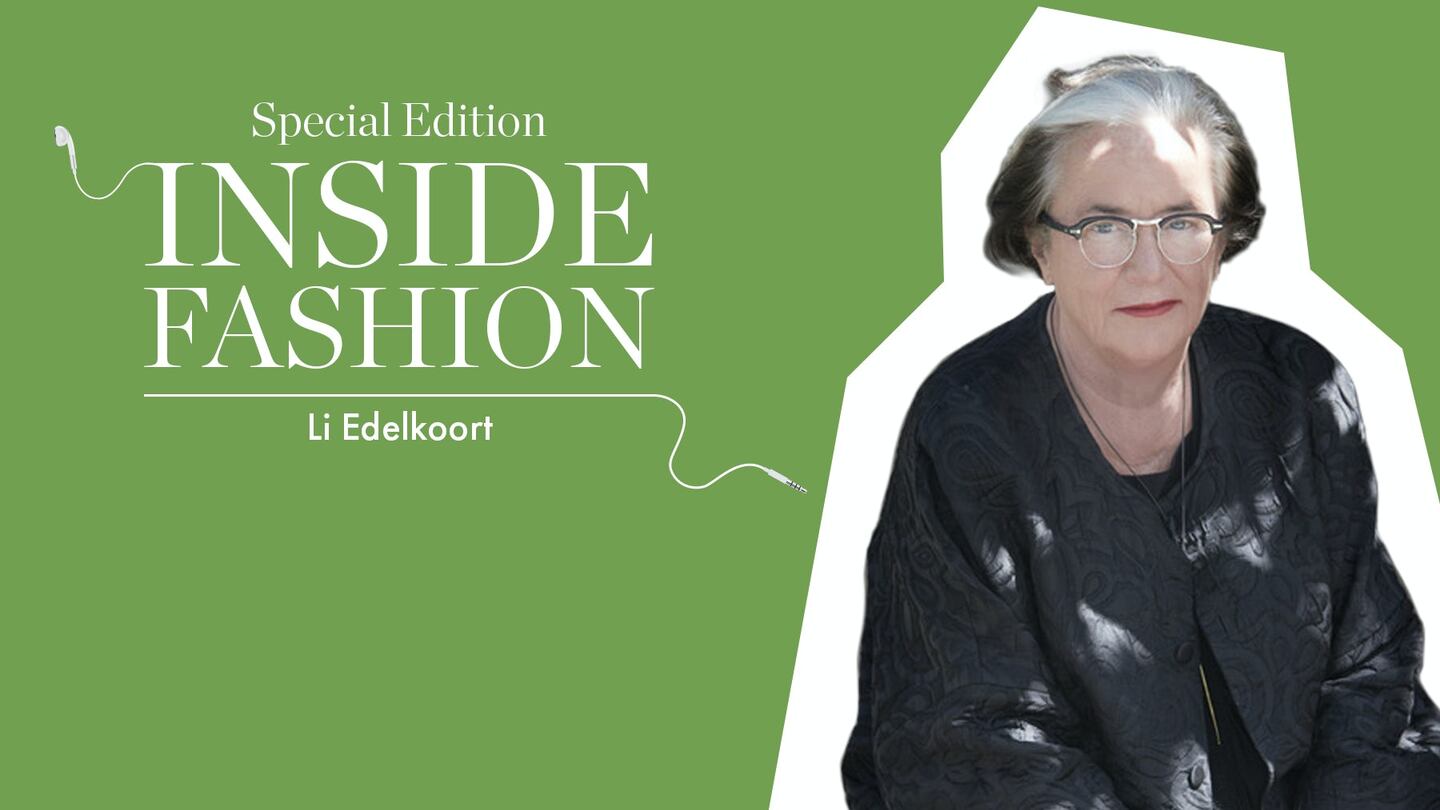
The Business of Fashion
Agenda-setting intelligence, analysis and advice for the global fashion community.

Agenda-setting intelligence, analysis and advice for the global fashion community.

To subscribe to the BoF Podcast, please follow this link.
LONDON, United Kingdom — Nearly five years ago at BoF VOICES, futurist Lidewij 'Li' Edelkoort presented her "Anti Fashion" manifesto to an audience of global thought-leaders, executives and entrepreneurs, offering a provocative critique of the industry's consumption problem. In this episode of the BoF Podcast, the Dutch trend forecaster and Dean of Hybrid Studies at Parsons School of Design discusses the future of fashion week and delves into the challenges emerging designers will face as they are forced to reinvent themselves in the age of Covid-19.
“The virus, I think, can be seen as a representation of our conscience... it brings to light what is so terribly wrong with society and every day that becomes more clear,’” she told BoF Editor-in-Chief Imran Amed. “It teaches us to slow down and to change our ways.”
As this global humanitarian crisis mounts and fashion’s biggest names join the fight to curb the spread of the virus, donating to relief funds and manufacturing surgical masks, Edelkoort believes now is the time for the industry to “jump off the carousel” and address its retail model. Around 114 billion items of clothing are produced every year, a number Edelkoort believes will fall as shoppers and brands alike cut non-essential costs in this period of economic uncertainty.
The virus... brings to light what is so terribly wrong with society and every day that becomes more clear.
Edelkoort predicts that, in a post-Covid-19 climate, designers won’t have to make six collections a year or extra drops. It will “completely reset the way we produce, dress and consume,” she said. There will also likely be a reset when it comes to fashion education. For one, fashion universities and institutions may see applications decline if fewer students choose to study abroad.
“That is going to be a big readjustment of the schools in terms of budget and general outlook," she said. “It might be good for the fashion industry because it will give back a local flavour and intention to the courses."
Overall, however, Edelkoort believes that the current breakdown of the system could be a source for good in the long term. “The loss of assets and money will be colossal. It’s going to be very tough,” she said. “But if we decide to reinvent society and reconstruct and completely resync the systems we could... start with a blank page.” An opportunity to learn or create something new could come in this time, which Edelkoort describes as the “age of the amateur.”
Subscribe to BoF Professional for unlimited access to BoF articles, plus exclusive benefits for members. For a limited time, enjoy a 25 percent discount on the first year of an annual membership, exclusively for podcast listeners. Simply, click here, select the Annual Package and use code PODCASTPRO at the checkout.
To contact The Business of Fashion with comments, questions, or speaker ideas please e-mail podcast@businessoffashion.com.
The Swiss watch sector’s slide appears to be more pronounced than the wider luxury slowdown, but industry insiders and analysts urge perspective.
The LVMH-linked firm is betting its $545 million stake in the Italian shoemaker will yield the double-digit returns private equity typically seeks.
The Coach owner’s results will provide another opportunity to stick up for its acquisition of rival Capri. And the Met Gala will do its best to ignore the TikTok ban and labour strife at Conde Nast.
The former CFDA president sat down with BoF founder and editor-in-chief Imran Amed to discuss his remarkable life and career and how big business has changed the fashion industry.